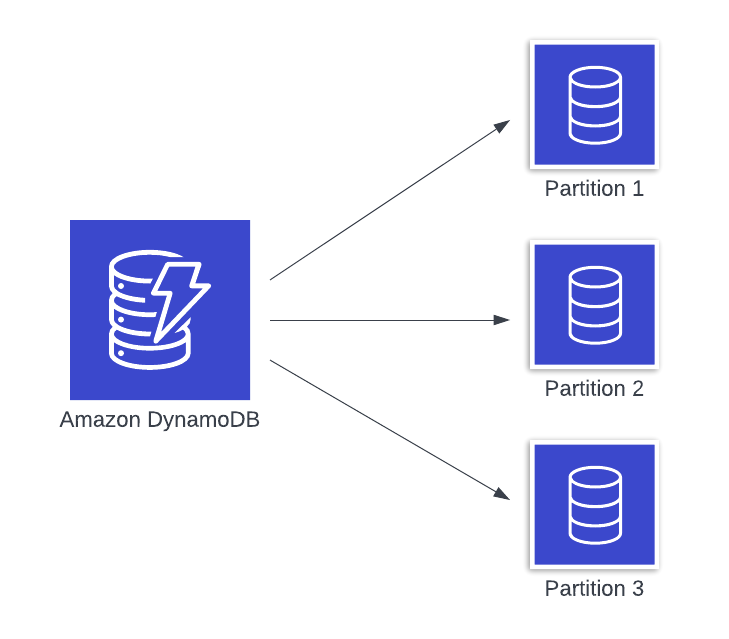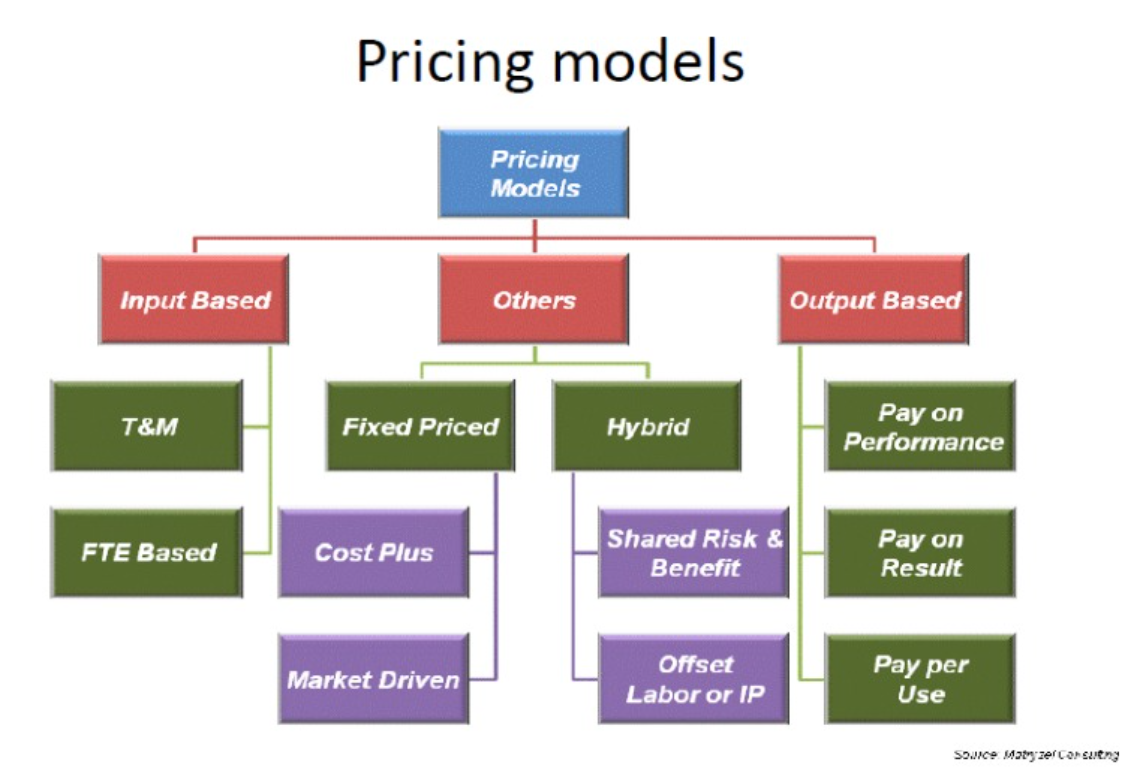Most major eCommerce platforms support third-party integrations, allowing you to extend their functionality with plugins, apps, and custom solutions. Here are some of the most popular eCommerce platforms that offer robust support for third-party integrations:
source:address44
1. Shopify
- Integration Capabilities: Shopify has a vast App Store with thousands of third-party apps and integrations covering everything from marketing and sales to shipping and accounting.
- API Access: Shopify provides a comprehensive API for custom integrations.
2. WooCommerce
- Integration Capabilities: As a WordPress plugin, WooCommerce benefits from the extensive ecosystem of WordPress plugins and themes. You can integrate with various third-party services through plugins.
- API Access: WooCommerce offers REST API access for custom integrations.
Example integration
from woocommerce import API
# Initialize the WooCommerce API
wcapi = API(
url="https://yourstore.com", # Replace with your WooCommerce store URL
consumer_key="ck_your_consumer_key", # Replace with your Consumer Key
consumer_secret="cs_your_consumer_secret", # Replace with your Consumer Secret
version="wc/v3" # API version
)
# Function to get products
def get_products():
try:
response = wcapi.get("products")
response.raise_for_status() # Raise an exception for HTTP errors
products = response.json() # Convert the response to JSON
return products
except Exception as e:
print(f"An error occurred: {e}")
# Fetch and print products
products = get_products()
if products:
for product in products:
print(f"ID: {product['id']}, Name: {product['name']}, Price: {product['price']}")
3. Magento (Adobe Commerce)
- Integration Capabilities: Magento has a large marketplace for extensions and modules, and it supports integrations with a wide range of third-party services.
- API Access: Magento provides robust REST and SOAP APIs for custom integrations.
4. BigCommerce
- Integration Capabilities: BigCommerce has an App Marketplace where you can find various third-party apps for different needs.
- API Access: BigCommerce offers REST APIs for custom integrations.
5. PrestaShop
- Integration Capabilities: PrestaShop has a marketplace for modules and themes that enable third-party integrations.
- API Access: PrestaShop provides Webservice API for custom integrations.
6. Wix eCommerce
- Integration Capabilities: Wix has an App Market with various third-party apps and integrations.
- API Access: Wix offers APIs through its Velo platform for custom integrations.
7. Squarespace
- Integration Capabilities: Squarespace has a range of built-in integrations and third-party extensions.
- API Access: Squarespace provides limited API access primarily for developers.
8. Salesforce Commerce Cloud
- Integration Capabilities: Salesforce Commerce Cloud supports integrations through its AppExchange and has robust support for custom integrations.
- API Access: Salesforce offers comprehensive APIs for various integration needs.
9. OpenCart
- Integration Capabilities: OpenCart has a marketplace for extensions and modules for third-party integrations.
- API Access: OpenCart provides an API for custom integrations.
10. Zen Cart
- Integration Capabilities: Zen Cart has numerous plugins and modules available for extending functionality.
- API Access: Zen Cart has a REST API for integrating with third-party services.
Key Considerations:
- Marketplaces and Extensions: Platforms with large marketplaces often provide a broad range of third-party integrations.
- API Availability: For custom or more specialized integrations, the availability and robustness of APIs are crucial.
- Customization Flexibility: The ease of creating custom integrations can vary depending on the platform's architecture and documentation.






